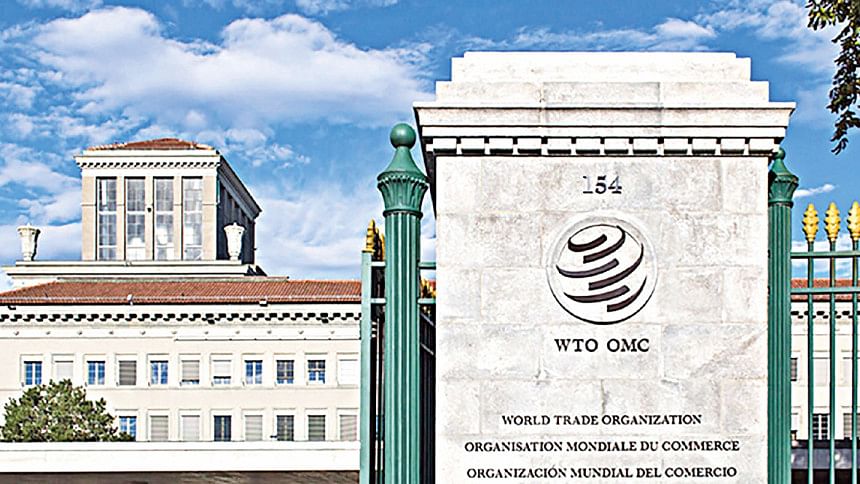Bangladesh’s participation in the WTO’s dispute settlement system

The dispute settlement system of the World Trade Organisation (WTO) is a key mechanism for resolving trade disputes between WTO members. It provides a process for members to challenge measures taken by other member(s) that are inconsistent with the WTO agreements and seek to have such measures removed or modified. As of February 2023, different WTO members have referred 616 disputes to the WTO Dispute Settlement Body. Not all of these disputes required formal rulings for resolution. A mutually agreed solution is always the preferred outcome, and consultations among disputing members within the framework of the WTO dispute settlement can often be sufficient to resolve the matter in dispute.
Bangladesh has made the use of this system to challenge measures taken by other countries and to protect its national interests in international trade. For instance, Bangladesh has successfully utilised this system to challenge the anti-dumping measures taken by India on lead-acid batteries. In addition, Bangladesh was also a third party in the US-India dispute over rules of origin for textiles and apparel products in 2003.
Despite the above successes in challenging the anti-dumping measures taken by other countries, the country has yet to establish a case against such practices. In 1992, for example, Bangladesh faced anti-dumping duty from the USA on Bangladeshi cotton shop towels. This continued for two sunset reviews, but the duty was eventually withdrawn. Bangladesh also faced anti-dumping measures from Brazil for sacks, jute bags and jute yarn in 2013, anti-dumping measures on particle boards from India in 2009, and anti-dumping investigation from Turkey for textile and apparel. In 2013, it also faced anti-dumping duties on imports of bicycle parts from the European Union. Again in 2015 and 2017, Pakistan and India respectively imposed anti-dumping measures on hydrogen peroxide (HP). The investigation process of India was found to be in direct conflict with sub-section 7 of the WTO rules, as they did not provide any actual and mathematical figures. The Supreme Court of Pakistan also relied on secondary information rather than the information provided. In 2019, India again imposed anti-dumping duties on imports of jute goods from Bangladesh.
Bangladesh is lagging behind in filing a case at the WTO Dispute Settlement Body due to the lack of legal expertise, economic barriers, private actors' concerns, limited access to finance and political factors. Thus, a detailed policy framework addressing all legal and economic aspects needs to be prepared to identify a way forward.
The Writer is a Student of Law, Jagannath University.

 For all latest news, follow The Daily Star's Google News channel.
For all latest news, follow The Daily Star's Google News channel. 



Comments